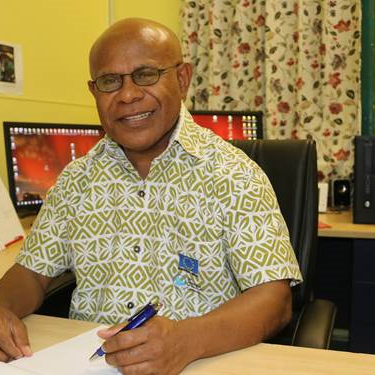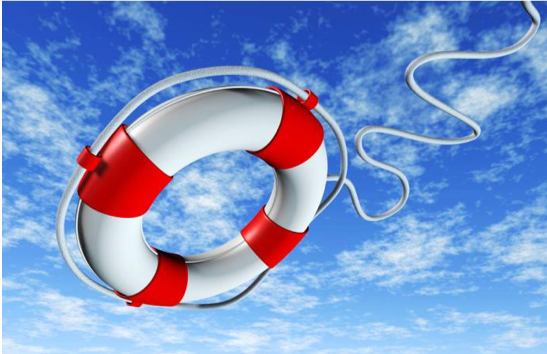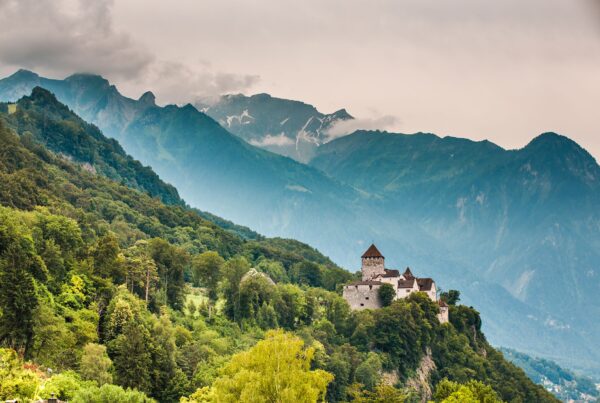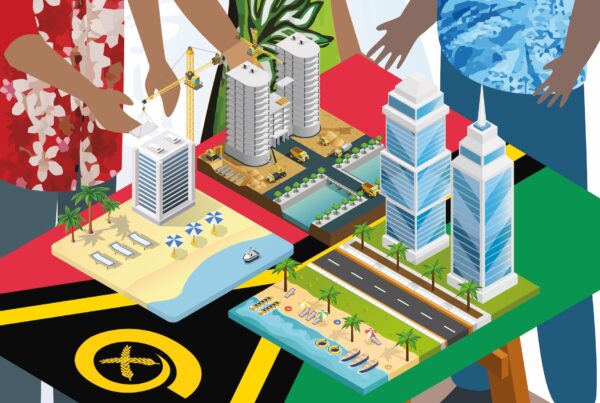By Howard Aru
Times have changed dramatically. Mass international tourism – our ‘old normal’ economic lifeblood – is gone. It will take several or many more years before we see mass tourism fully rebound, if it ever does. Two other problematic and unsustainable schemes – the Seasonal Worker Program (SWP) and the Citizenship Program (CP) – are like two colourful mansions built on very unstable and shifting sand.
Remember the parable told in scripture where ‘the rain descended, and the floods came, and the winds blew and beat upon the house; and it fell: and great was the fall of it’? Well, in a way our fall has actually commenced. For a start, our reputation internationally is already badly tarnished, as we speak.
Reputational Risk
Vanuatu is among the twelve countries on the face of the planet that is presently on the European Union’s (EU) “tax haven blacklist” because we are seen to ‘facilitate international tax avoidance and/or financial and tax secrecy.’ One of the consequences of this is that it ‘may affect’ our ability ‘to access funds from international development lenders’ (as recently commented on by Roneil Prasad).
The CP and the SWP
The controversial CP has remained the subject of untold criticisms from many of our very own indigenous national leaders (former and present). Of course my friend Martin from AJC wrote a very interesting article earlier this week praising the product’s contribution to our national social and economic development. But in retrospect, what aspect of the CP actually supports individual daily incomes and the survival of the average ni-Vanuatu? We know the CP doesn’t. It’s contribution here is next to nothing. Besides revenues to the Government, the CP has only enriched the agents (some, filthy rich – by Vanuatu standards). That’s about all.
If a husband and wife are jobless today because of Covid and their family has to survive on only one or two meals a day, with some meals being just pawpaw and dry coconut (as we’ve heard lately), and they’re tempted to steal from shops or from their neighbours’ gardens to survive (which is becoming a real concern around Port Vila today), then the CP’s acclaimed success in raking in billions per year into the national coffers and into the agents’ private bank accounts doesn’t mean anything to that family. It’s just news on paper.
On its part, the SWP started off as a great employment scheme for our unskilled workers to earn an income. But today it is in the doldrums of chaos, rampant social issues and heavily threatened in the host country on various fronts, as revealed by Richard Curtain of the ANU last week: the call for amnesty for farmers to use illegal workers which consequentially would give rise to the whole issue of absconding SWP workers, etc. There are other issues inherent in the SWP that are deeply worrying.
If the National Sustainable Plan (NSDP) is any guide to go by, what does it (the so-called “People’s Plan”) have to say about economic development? The key word here is ‘Sustainable’.
Agriculture, the NSDP and FDI
Sustainable development revolves around the need to do development in such a way that helps us to meet our own needs ‘without compromising the ability of future generations to meet their own needs.’ Given this framework, we ned to take a critical look at Agriculture and Foreign Direct Investment (FDI). By “agriculture” I’m referring to the entire Ministry (MALFFB) which I’ve had the privilege of leading as DG and bringing to the forefront of media limelight and public policy attention in recent years.
Agriculture, albeit being the spearhead of our current economic development policies, programs and activities, in itself cannot deliver us. The Government has invested a huge junk of its 2021 budget to Agriculture. But to give economic meaning and significance to the policy, we need to ‘industrialize’ Agriculture, which means we need private sector investments, both by existing enterprises and more so, FDI – which is paramount for a number of reasons – fresh capital, market access, international networks, technological know-how, experience and expertise. Classic example, our FDI in Santo whose products the PM will be launching in early May to Australia and later on to mainland US. That’s the sheer power of sustainable FDI to connect poor rural farmers to the outside world. We need more of this. But we can’t just do it sitting behind our desks.
The Government needs to invest enough resources into an agency such as VFIPA as our neighbouring Governments (Fiji and PNG) do for their own respective IPAs.
FDI – our key Lifeline
The Minister of Trade’s participation in a recent virtual conference organised by the UN ESCAP highlighted the sheer importance and urgency of FDI Facilitation very clearly. Governments around the region need to redouble their efforts and attention on FDI facilitation, now more than ever before.
Let’s face the music, though a quick dollar-earner, tourism is highly volatile and temporary. Where are the tourists and their money today? After tourism got brutally and mercilessly stabbed by Covid since March 2020, it is still bleeding today in the dark abyss. The other schemes referred to above, quite frankly, are unsustainable – if our guide truly is the NSDP and if we are dead serious about ‘sustainable’ development.
The beauty of FDI is that good investors come and stay. Come hell or high water, they are still here with us. Many were forced to return home during Covid, but they will return as soon as borders re-open. Foreign Investors spend everyday in the economy on taxes, VAT, licenses, other fees. They pay for electricity, water and other services just like the rest of us. They support our schools. They shop in our supermarkets and retail stores, pay for fuel, shop in our fresh food markets, travel and visit our islands. They provide employment to our locals who in turn use the money to pay for food, water and electricity bills, transportation, medical services and more. The Government benefits big time from FDI.
Today the VFIPA database reveals we still have over 700 foreign investors in the country who in total employ 6,532 people (6,182 locals and 350 expats), and that’s in Port Vila alone. Add the multiplier effect to that and you understand why FDI matters to our economy. As one former national leader emailed me last July, “apart from providing jobs thru FDI, one of the most critical reason why we must have FDI is that without FDI the economy will be dead. This is because one of the main measures of GDP is FDI. So simple as this ‘NO FDI NO GDP GROWTH !’ I think this point must be stressed very strongly across the board!

Howard Aru is current CEO of the Vanuatu Foreign Investment Promotion Agency (VFIPA) and former Director General of the Ministry of Agriculture, Livestock, Forestry, Fisheries and Biosecurity, and the Ministry of Health.





